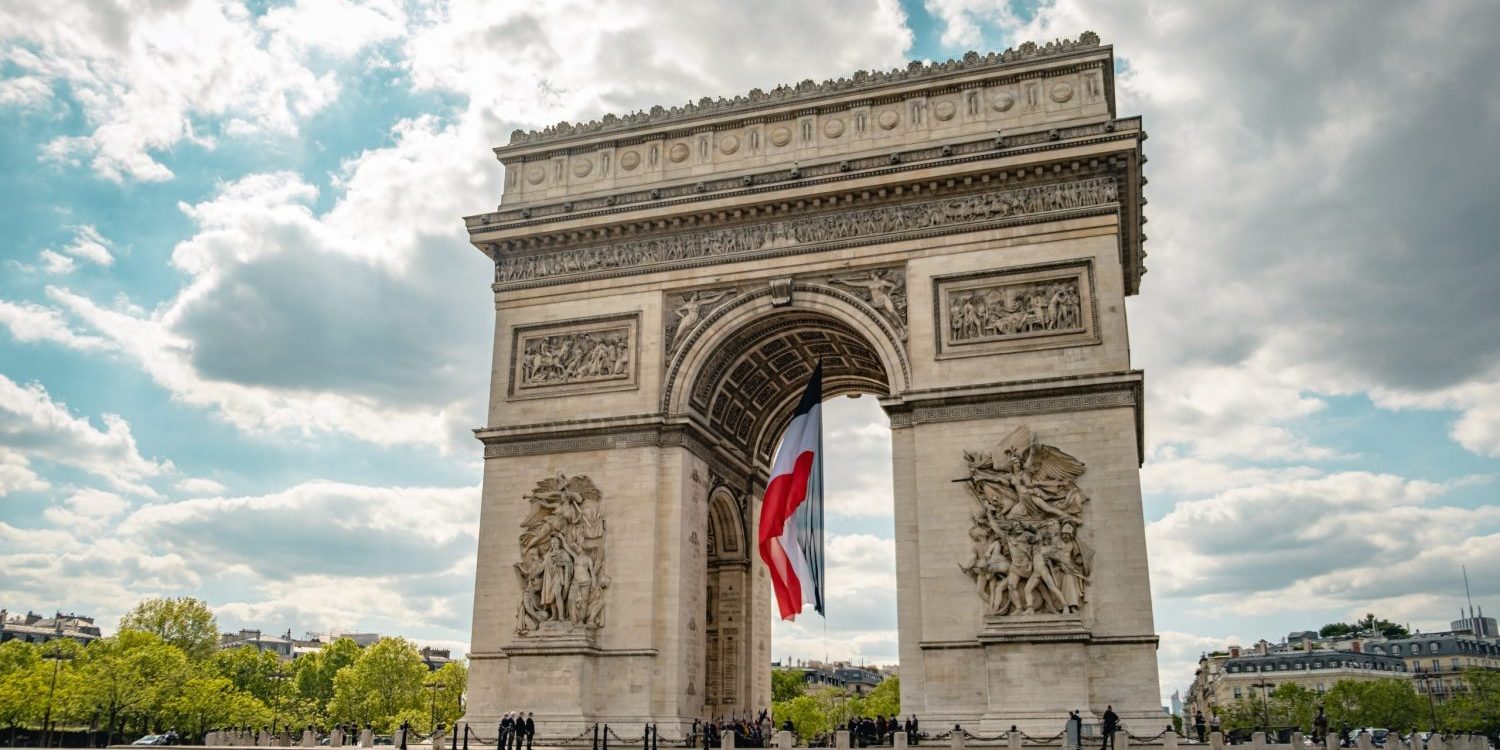It was a good month for the climbers.
First, cycling climbed the charts, becoming the latest recipient of the Netflix sports documentary treatment. Then the Tour de France treated us to a thrilling GC battle between defending champion Jonas Vingegaard and Tadej Pogacar, two very different personalities and riders whose nip and tuck duel left the yellow jersey’s destination uncertain until two decisive moments in two days. First, the more reticent, less communicative Vingegaard produced an extraordinary individual time trial to take the stage win – former world champion Tom Dumoulin called it “the best time trial ever” – and open up more than a minute’s lead over his rival. Then, the Dane proved that those exertions had not taken everything out of his legs by blowing his Slovenian rival apart the next day with 16km left to the stage finish in Courchevel. From there it was a case of avoiding disaster, a challenge that Vingegaard would prove more than equal to. At 26, with two Tour victories now under his belt, the sense is that he may be tough to topple in the foreseeable future, even if he hasn’t yet won adoration in France. Just as there were plenty of neutrals at The Open Championship hoping to see Brian Harman come back to the pack, not out of disrespect for his skill but simply to engineer a tighter finish, there will be plenty hoping to see a chink in the Jumbo-Visma armour in coming Grand Tours. Others will hope that they might at least start enjoying a beer or two.
There were plenty of other fascinating battles. The contest for top Yates was tightly fought, with Adam taking family bragging rights to go with a podium overall finish. Meanwhile, whenever there was hint of a breakaway, France’s Thibault Pinot was roared on by home crowds as he aimed to finish his courageous career with a final stage win. Graupama-FDJ’s David Gaudu and Cofidis’ Guillaume Martin earned top ten spots in the overall classification this year, but the mercurial, heart-on-sleeve Pinot will be sorely missed in a race where home favourites elevate the atmosphere. It was unfortunate that perhaps the most followed subplot of all ended in a bit of a damp squib as Marc Cavendish’s quest for a final stage win – a result that would have seen him surpass Eddie Mercx and take sole possession of the all-time race record – was dashed by injury.
While the viewing figures for this year have not yet been released, Fubo calculates that the Tour is the most watched sporting event in the world, with 3.5 billion people tunin in to the world’s premier cycling race, narrowly ahead of the men’s FIFA world cup at 3.3 billion and cricket world cup at 2.6 billion. Clearly, the race gives cycling a moment in what is often more than literal sunshine. The 2022 race was watched by nearly 42 million people in France alone, the highest figures for more than a decade, with viewers on average watching nearly six hours of footage. The extreme toughness of the riders, surplus of storylines and soothing scenery, together with the race’s duration makes it one of the most watched events in sport and a crucial annual reminder of cycling’s appeal, whether in a racing or leisure setting.
Now, attention will shift to the Tour de France Femmes, with Annemiek Van Vleuten aiming to defend her title in last year’s inaugural race. 2023’s route covers 956km over eight stages, including a climb of the legendary Col du Tourmalet on what is likely to be a decisive penultimate stage. Demi Vollering, racing in her national jersey thanks to her recent Dutch Road Race Championship win will be the woman most optimistic of toppling Van Vleuten, while France’s Juliette Labous, fresh from a second place at the Giro Donne, will be aiming to give the home nation a podium to cheer.
It provides another chance for cycling to have another week in the sun.



